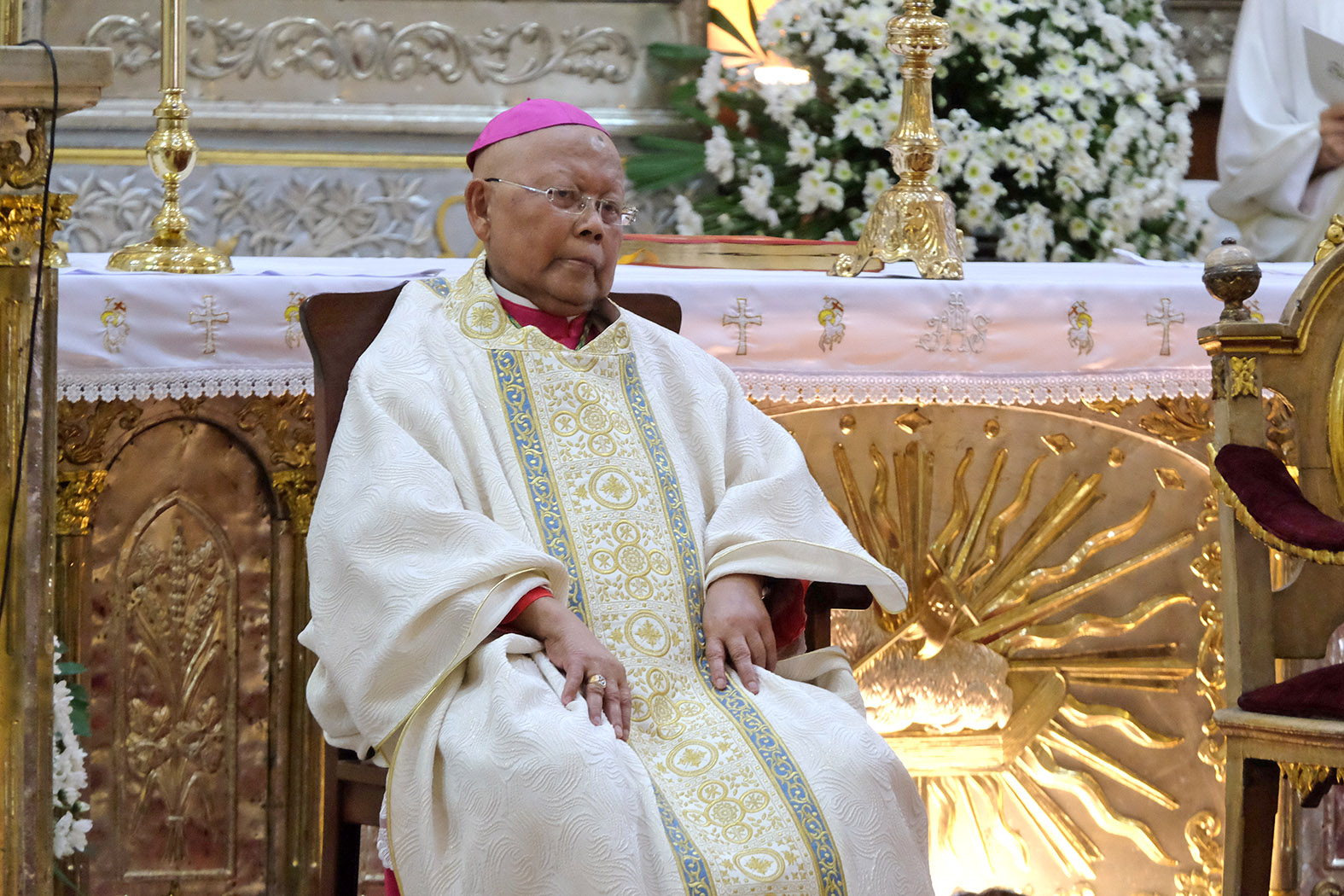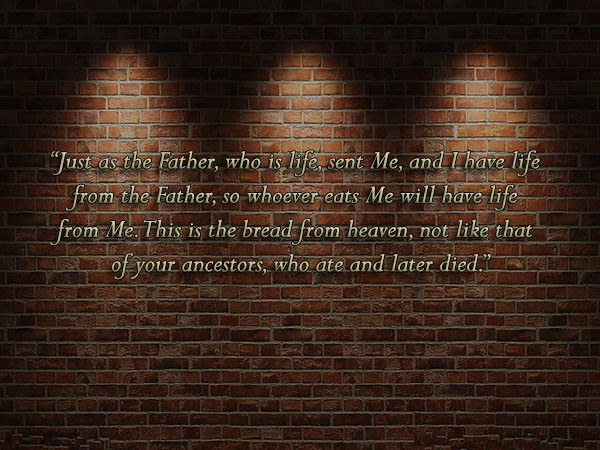by Abraham M. de la Torre
THAT DEATH IS a universal leveler cannot be overemphasized. No matter how one lived, there is a certainty that s/he will be accorded decency upon dying. Regardless of social standing, the dead will be buried honorably.
I was at two wakes recently. Not that I am wont to comparing this tradition to that but these two occasions, one on the heel of the other, are too fresh, vivid and personal to dismiss without touching on for their import.
The first one was of a friend’s mother who had cancer of the liver. Shuttled from severe pain to remission to hopeful signs of recovery. Only to succumb inevitably. Much to the sorrow of her bereaved who were clinging to just a little more time. Yet they ultimately accepted.
The wake was in the parish mortuary. Air-conditioned. Ample space. Accommodating. There was food. Enough for people who came in droves. There was even drinks.
Requiem was celebrated by the parish priest. The sole eulogy was done by a daughter-in-law who read a text message from the youngest daughter of the deceased who could not leave her work in the States.
The second wake was of the aunt of a fellow church worker. Presentacion was 93 years old. As names hold meanings hollow and profound, hers could not have been more apt. She is survived by three nieces who were all adopted by her at their young age.
The wake was at Kadamay Funeral Parlor on BF Road, outside the gate of BF Homes. It was small, cramped, ventilated by wall fans and could sit not more than twenty people comfortably. The food was sandwiches with Lady’s Choice spread and tetra pack juices. The priest did not know the dead so asked the relatives to proceed with their eulogies. The church worker spoke first. She recalled that they used to live in an estero in Sampaloc, a place easily inundated by rain. She remembered the wooden planks she negotiated from home to school and back. And her aunt inculcating in her not to worry because one day they’ll move out of that place into House No. 15. She chuckled at the memory of that distinct number. Although she credits her aunt for the small strides she effected which did take them out of the literal water onto better, solid ground.
The eldest sibling simply thanked her aunt and those who mourned with them.
Touching was the youngest niece’s spiel. She was with her aunt to the latter’s last breath. She and her daughter were at her death bed, refusing to return home even at the insistence of a son who was already missing them. Because, Presentacion declared, she felt her end was near because Yahweh Shaddai has already prepared a place for her. And then she joined her Maker.
The priest took it from there. Presentacion died ready and presented herself to God wholeheartedly. However childless, she did well by her nieces who swore they could have gone nowhere near their fulfilled situations without her taking them under her wings. Even without the waterworks, she could not have fooled the audience. For those who have heard stories of final words from the dying, the priest said Presentacion’s presentation underscored that a life lived loving God and neighbor fulfilled all the commandments. That all it took for one to embrace God and neighbor was mercy and compassion and their aunt lived this Godly life, presently invoked of everyone by no less then Pope Francis himself.
At the mention of mercy, I recalled the morning Mass I served at where the officiating priest’s homily was about the same. And was it a coincidence that I had with me a statue of the Divine Mercy, a gift from our friend who lives near the shrine in Sta. Rosa, Marilao, Bulacan, to be blessed after the Mass.
I was drawn back to the present when the priest remembered a student whom he knew from way back and used to give fare to for his trips to school. He is now gainfully employed in Singapore. Married. Looks him up whenever he is vacationing in the Philippines. And never fails to pay him praise for the past when he was poor and went to the priest for help. Humbly, the priest disclaimed, even if those times were few and far between.
Truly, mercy shown with compassion not only remains in the memory but also reverberates in history.











